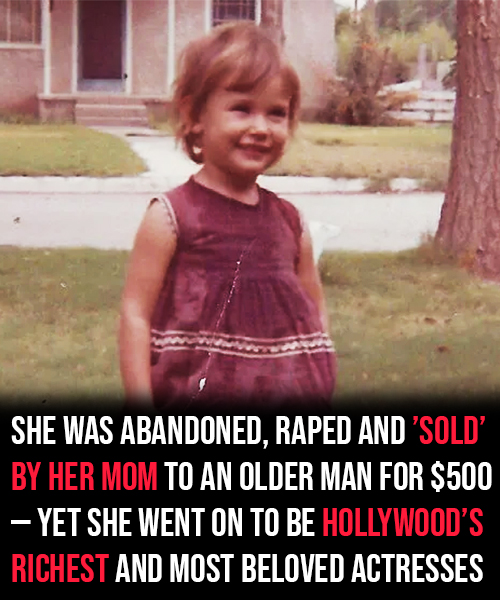Demi Moore’s life reads like a brutal test of how much one person can endure before breaking. Abandoned by her father, dragged through chaos by alcoholic, volatile parents, and confronted with the shattering truth about her own identity, she learned early that the people meant to protect her could also be the ones who caused the deepest wounds. The rape at 15, and the vile suggestion that her mother had “sold” her, carved a fracture into her sense of worth that no fame or fortune could easily repair.
Yet she refused to disappear into her pain. Dropping out of high school, she clawed her way into Hollywood, then nearly lost herself again to addiction, heartbreak, and the desperate need to be loved. Her marriages, miscarriages, relapses, and estrangement from her daughters were not scandals to her, but scars. Today, at 63, sober, acclaimed, and still working at the top of her game, Moore stands not as a survivor of one tragedy, but of many—proof that even when your childhood is stolen, your future can still be fiercely, defiantly your own.

